Gelatin isn’t vegan (or vegetarian!), so you may be wondering what gelatin is made from. Why do we need vegan versions of products like Jello or marshmallows?
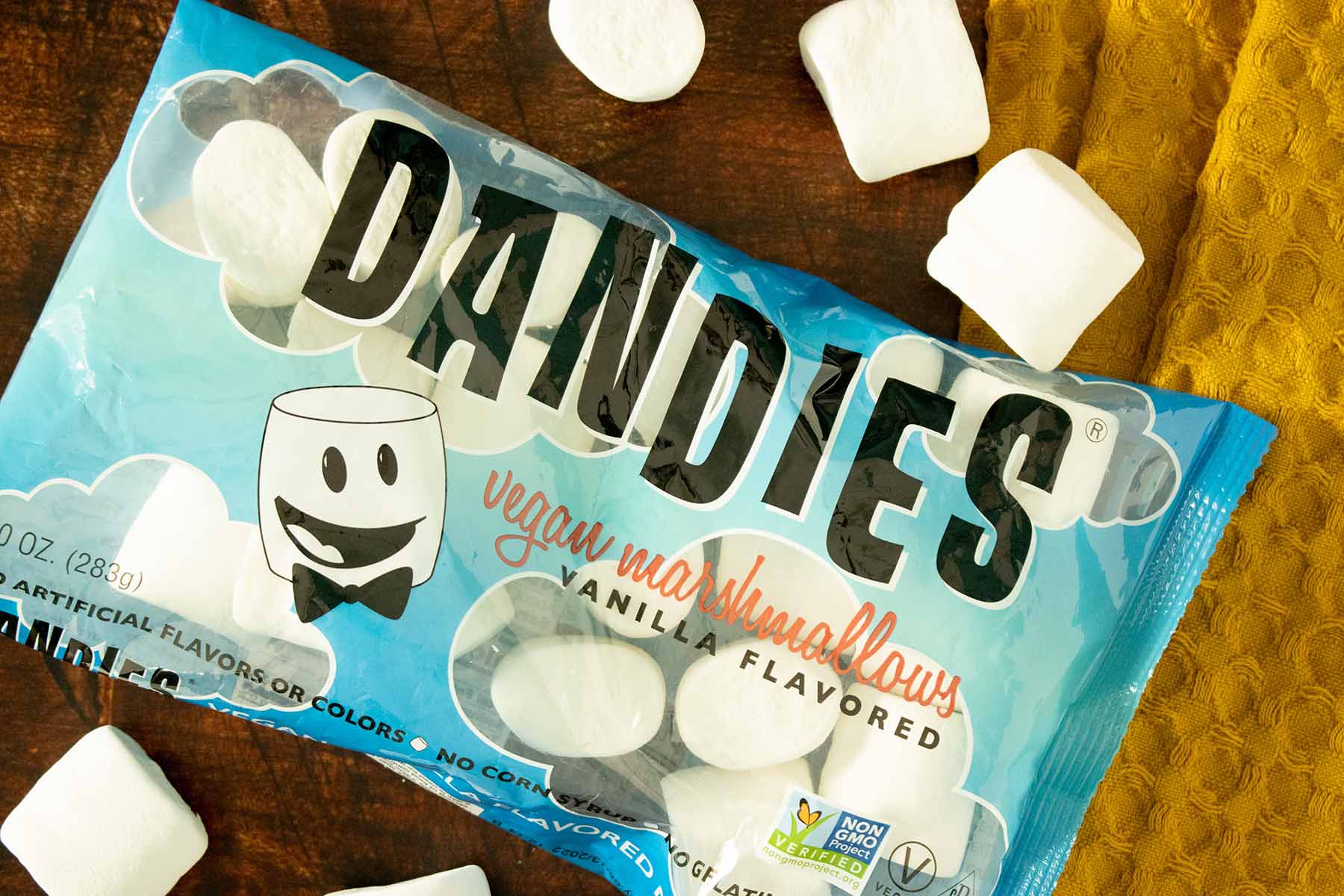
Let’s talk about what gelatin is, why vegans and vegetarians choose not to eat it, and explore some vegan alternatives to common gelatin products, like Jello and gummy candy.
Jump to:
What is gelatin, and why isn't it vegan/vegetarian?
Gelatin is an ingredient used as a thickener and as the base for certain sweet treats, like gummy candy and marshmallows.
It’s why Jello is firm and jiggly, and it’s used in cakes, pies and even some low-fat dairy products to make them thicker.
So why don’t vegans eat gelatin? Because it’s made from ground up animal skin, bones, tendons and ligaments. Usually, that means pigs or cows, but most kosher gelatin is made from fish parts.
To make gelatin, producers cut up animal parts into tiny pieces. Then, they use hot water to remove most of the fat and to cook the ground up bones, ligaments, skin and tendons.
The cooked meal sits in an acid or alkali bath for several days to release the collagen. Then, the bits of animal parts are boiled in superheated water, and the extra liquid is evaporated off, leaving solid chunks behind.
Those chunks get ground down to create the gelatin powder used to make Jello, gummy candy, marshmallows, etc.
...yum?
Gelatin is a byproduct of the meat industry, like leather. Vegans and vegetarians don’t buy these products, because animals have to die to create them.
Luckily, you don’t need animal bones to enjoy a roasted marshmallow, thicken yogurt or even to make jello-like treats. Here are some vegan alternatives to gelatin and products that contain it.
Vegan replacements for gelatin
Most often, cooks use gelatin in desserts, so the vegan alternatives below are generally not health foods. Jello and marshmallows are sometimes foods, whether they’re made from animal bones or seaweed.
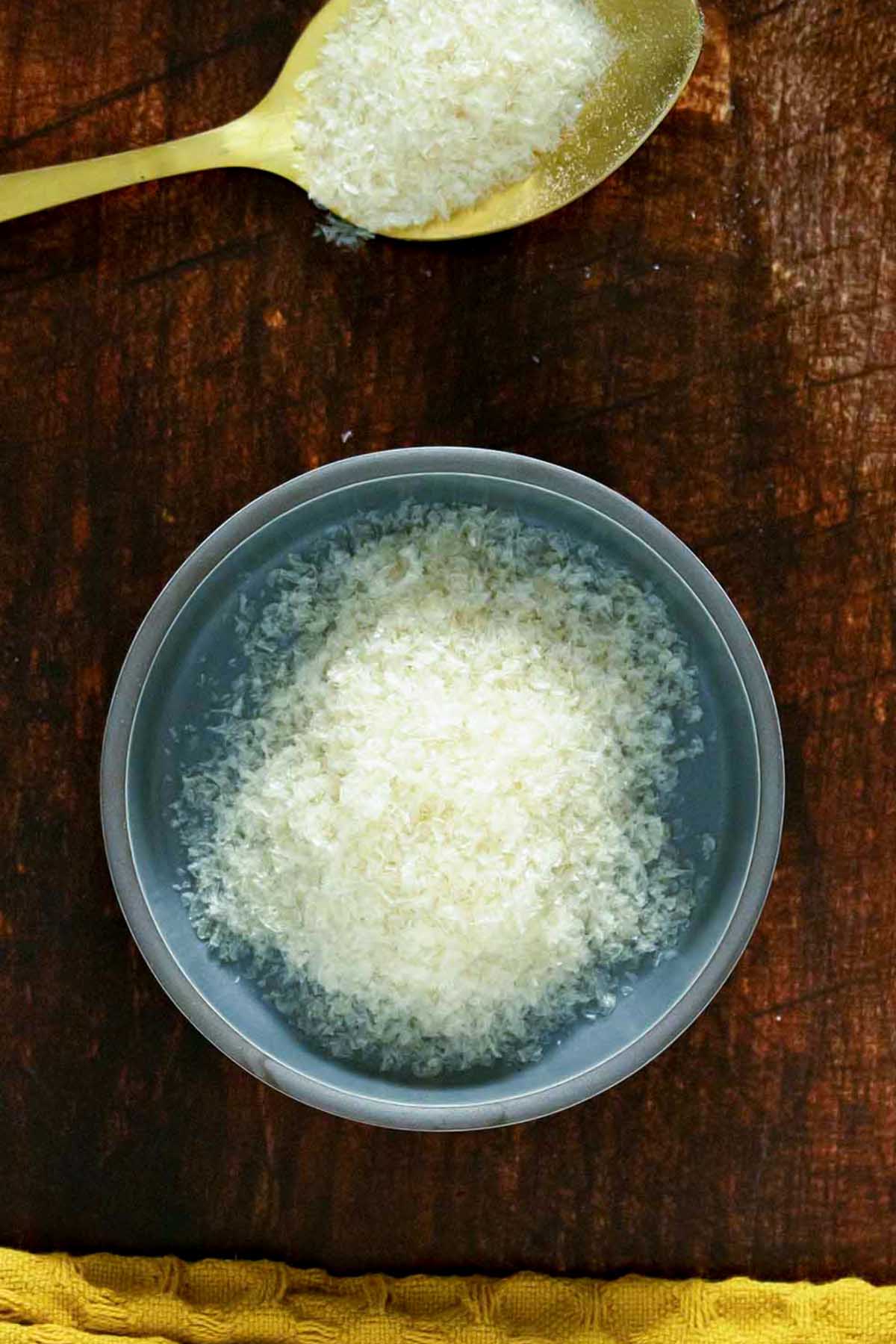
Agar agar
This seaweed-derived ingredient gels like gelatin, but no animals are harmed to make it. To replace gelatin with agar agar in a recipe, you need to dissolve it in hot water first.
Agar agar is available in flake or powder form. Either one works fine as a gelatin alternative in recipes like desserts and even vegan jello shots. Just read the package to see how much you need, since the amounts vary depending on whether you use flakes or powder.
Here’s how to firm up two cups of liquid with agar agar flakes:
- In your pot, combine 2 cups of your liquid with 2 tablespoons agar agar flakes.
- Add any other ingredients your recipe calls for, bring to a boil, and simmer for 5 minutes, or until the flakes or powder dissolve completely. Pour into your serving container to cool at room temperature.
When it cools, you’ll have jello.
If you’re using agar agar as a thickener, just dissolve the agar agar in a small amount of liquid, then add it to your recipe. Start with a third of the amount of gelatin that the recipe called for, and go up from there until you reach the consistency you want.
So, if the recipe called for a tablespoon of gelatin, start with a teaspoon of agar agar, then add more, ¼ teaspoon at a time, until you get the texture you want.
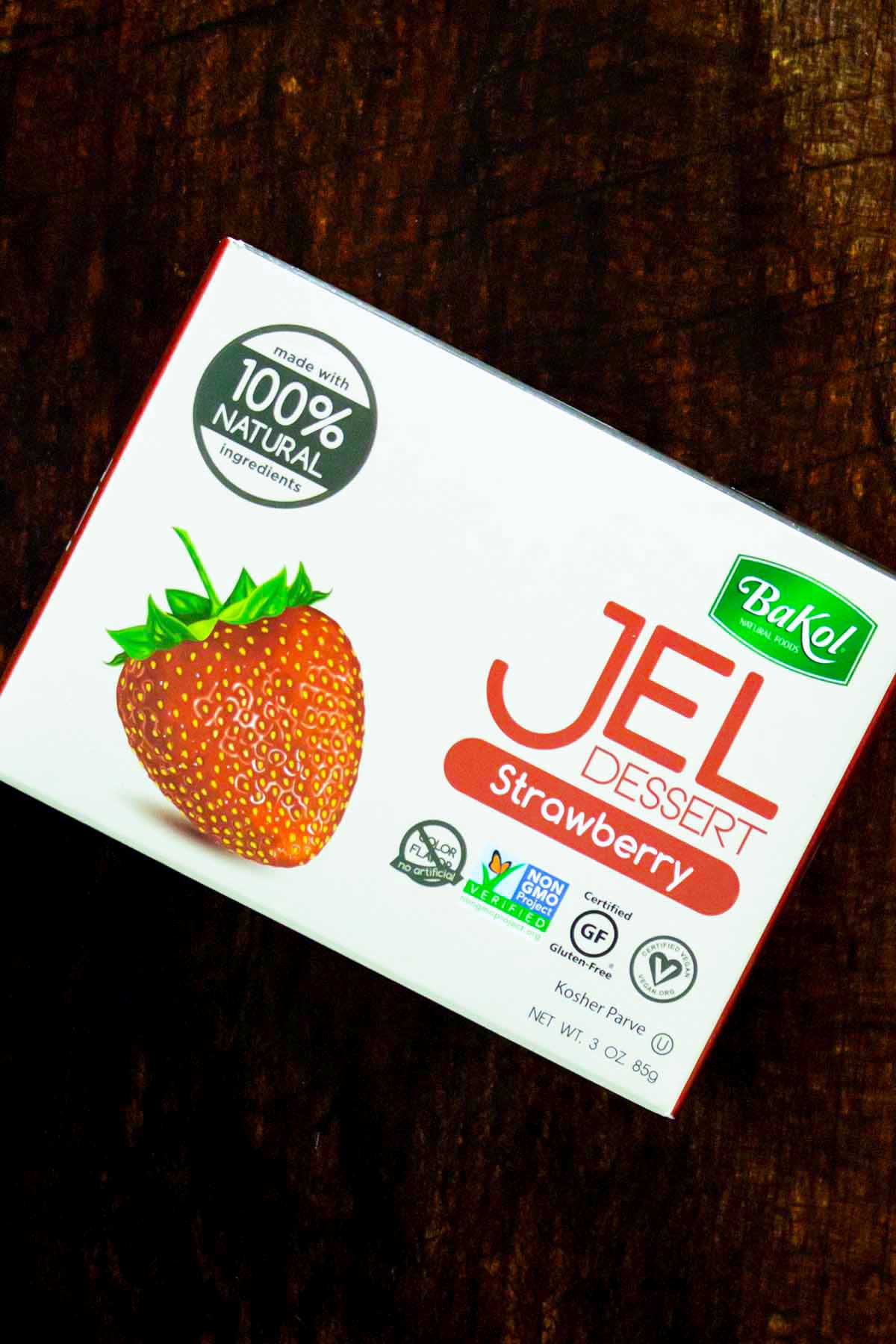
Vegan Jello alternative mixes
If you want to make a jello-style dessert, you can also just buy a box of vegan jello. Just follow the package directions, and you’re good to go.
We like making BaKol Jel Desserts in my house. They taste great, and you can often find them at regular grocery stores.
If you’re looking to make a jello salad, like the kind you ate at picnics as a kid, I’d recommend following a recipe. This one from Fried Dandelions and this from Spabettie are both great options for recreating those nostalgic desserts without the animal parts.
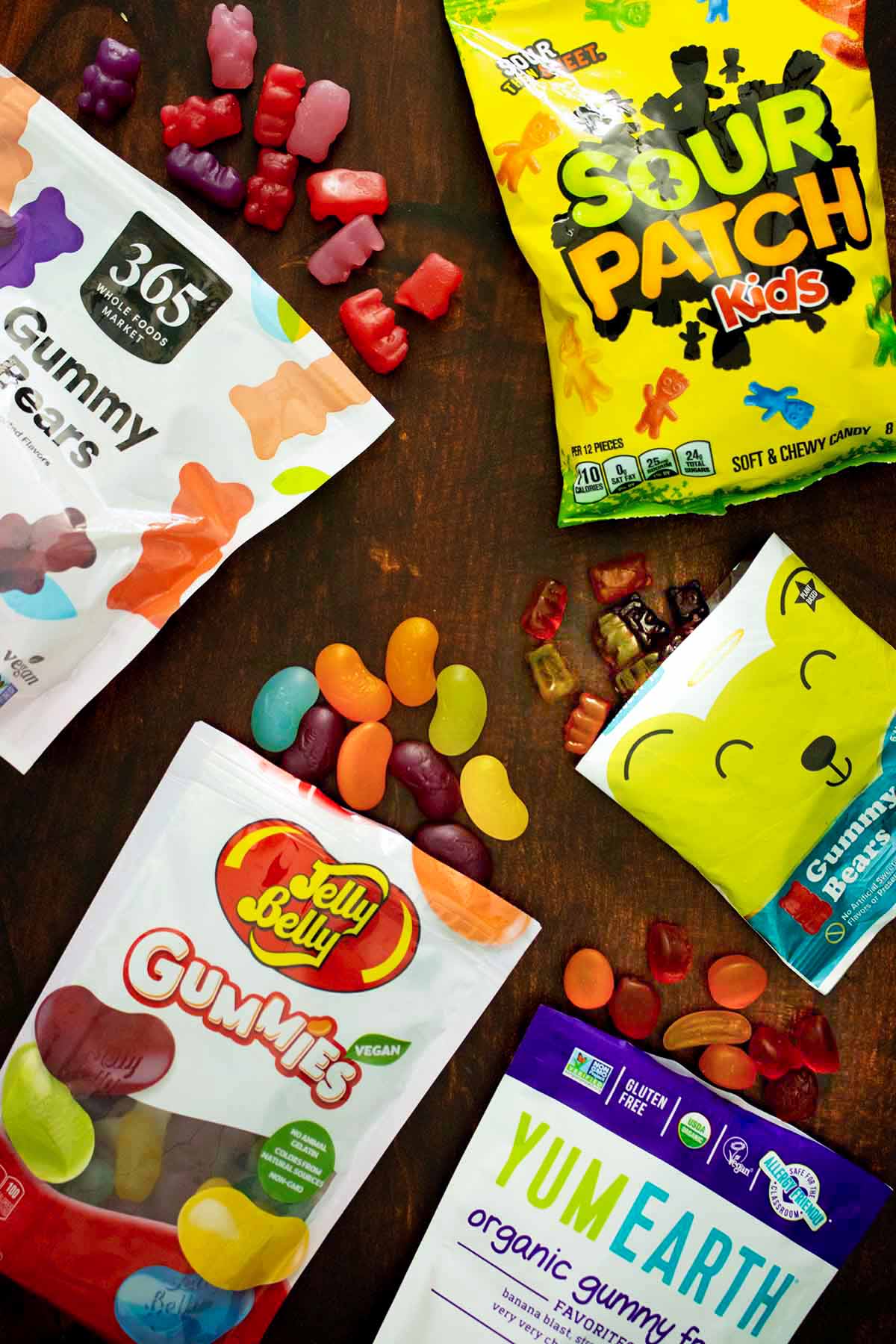
Marshmallows and gummy candies
There are lots of companies making vegan marshmallows and vegan gummy candy now! Here are some of my favorite plant-based alternatives to gelatin sweets:
- Dandies – These vegan marshmallows are easy to find at stores like Sprouts and Whole Foods. I’ve even seen them at my regular grocery store.
- Trader Joe’s Marshmallows – TJ’s vegan marshmallows are seasonal, and it’s unclear when the season begins and ends. Snatch these up when you see them, though, because they’re definitely your most budget-friendly vegan marshmallows!
- Yum Earth Organic Gummy Fruits - These are thickened with pectin.
- Jelly Belly Gummies - Jelly Belly labels these as vegan right on the front! They use tapioca syrup and potato starch to thicken their gummies.
- Sour Patch Kids - These are accidentally vegan and one of my favorite gummy candies!
- Project 7 Gummies - If you're trying to limit your sugar, these vegan gummies are low sugar and vegan.
- 365 Gummy Bears and Stars - Whole Foods 365 brand makes a couple of vegan gummies. Dave is partial to the bears and the stars.
- Annie’s Homegrown – Annie’s uses tapioca syrup and pectin instead of gelatin to thicken their fruit gummies.
- Tasty Brand – These gummy treats say vegan right on the label. They use a mix of tapioca syrup and pectin to get that gummy texture without bones and ligaments.

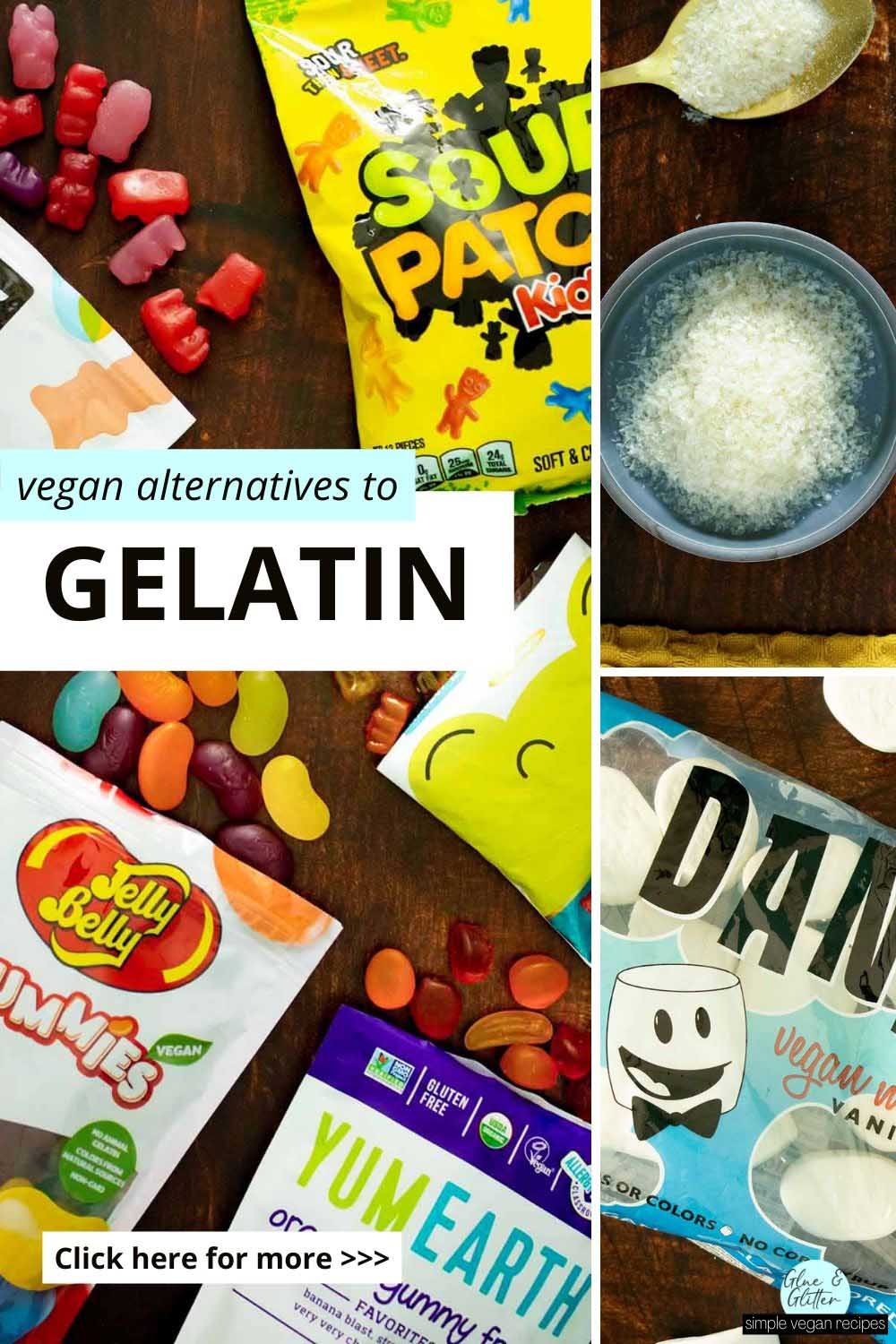
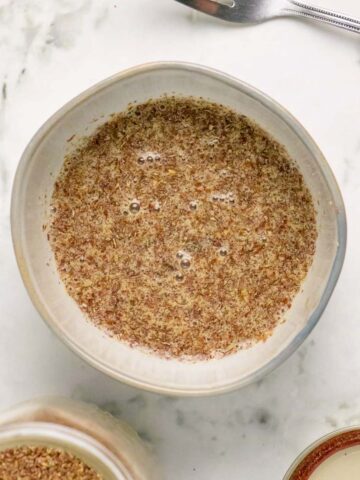
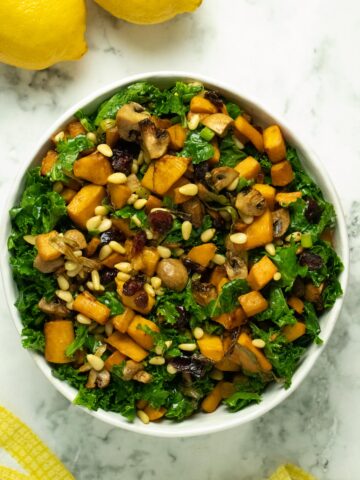
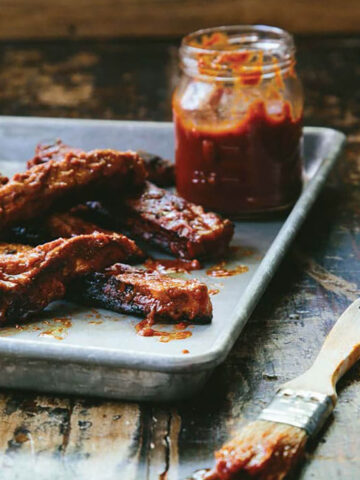


Emma Jansen
Vegetarians don't eat meat but they can eat gelatine or wear leather shoes. They just don't eat meat. Vegans are the ones that ban all animal products.
Becky Striepe
This is incorrect, but I understand where this misconception comes from. Vegans do avoid all animal products, whether the animal is killed to produce them or simply harmed to produce them. Vegetarians avoid products that animals are killed to create. That means leather, fur, feathers, gelatin, etc are off the table, but products like milk and eggs, where animals are harmed but not killed, are allowed. I hope this helps clear things up, Emma!